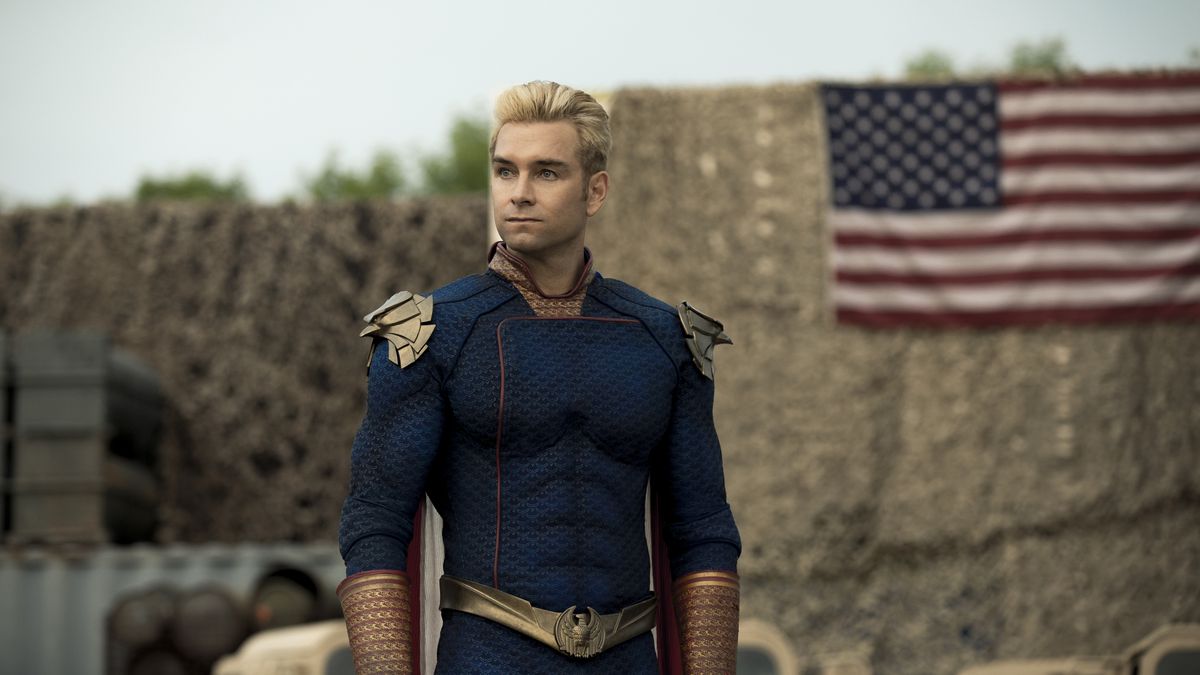
Amazon Prime’s “The Boys,” created by Eric Kripke and based on the comic series by Garth Ennis and Darick Robertson, has captivated audiences with its dark, satirical take on the superhero genre. Central to this series’ success is Homelander, portrayed by Antony Starr. Despite being an outright villain, Homelander has become a beloved—or at least, irresistibly fascinating—character. This detailed exploration seeks to understand why Homelander has garnered such a complex fan following.
One of the primary reasons Homelander is such a compelling character is due to the sheer charisma and magnetism that Antony Starr brings to the role. Homelander’s public persona is that of a confident, all-American hero, the epitome of traditional superhero ideals. He’s photogenic, articulate, and exudes a kind of infectious enthusiasm that makes him appear trustworthy and admirable in public settings.

However, this veneer of charisma is intricately woven with his terrifying true nature. The stark contrast between his public image and his private brutality creates a disturbing yet captivating character. This complexity makes viewers unable to look away, drawn into the performance to unravel what lies beneath the façade.
Homelander’s character serves as a mirror reflecting modern societal fears and anxieties. The idea of absolute power corrupting absolutely is personified in Homelander. He represents the terrifying potential of unchecked authority, corporate manipulation, and the dangerous combination of power and moral decadence.
In an era where trust in institutions and authority figures is often in flux, Homelander taps into the collective unease about those who wield immense power without accountability. This makes him both a relevant and a chilling figure, reinforcing the idea that the most dangerous monsters are those that hide in plain sight behind a veneer of heroism.

Another fascinating aspect of Homelander’s character is the dichotomy between his omnipotence and his vulnerability. On the one hand, he is virtually invincible, possessing superhuman strength, speed, and flight, coupled with near-impenetrable skin and devastating heat vision. These powers place him at the apex of the superhero hierarchy.
On the other hand, Homelander is emotionally vulnerable. His longing for approval, affection, and validation reveals deep-seated insecurities. His complex relationship with former Vought boss, Madelyn Stillwell (Elisabeth Shue), highlights his desperate need for maternal affection, approval, and control. This vulnerability humanizes him to some extent, making his actions, horrifying as they may be, understandable within the context of his psychological framework.
Modern audiences have developed an appetite for complex anti-heroes—characters who operate in moral gray areas and whose motivations are not purely evil or good. Homelander, while being a villain, exhibits traits and experiences that pique our curiosity and even our sympathy to some degree. His backstory, including the revelation of his abusive upbringing and life as a lab experiment, invites viewers to explore the roots of his malevolence.
This interest in anti-heroes stems from a broader cultural shift towards more nuanced storytelling. Audiences appreciate layered characters who defy simple categorization, making Homelander’s psyche an ideal part of contemporary television.

The success of Homelander as a character also significantly hinges on Antony Starr’s masterful performance. Starr perfectly captures Homelander’s multifaceted nature with remarkable skill—from his chillingly calm demeanor to his explosive fits of rage. His ability to switch between charming and menacing, often within the same scene, adds to the character’s unpredictability and tension.
Starr’s meticulous portrayal captures the underlying psychopathy of Homelander while also imbuing him with authentic, if twisted, human emotions. This duality keeps viewers engaged, as they are constantly on edge about what Homelander will do next, which elevates the character beyond a one-dimensional villain.
“The Boys” takes a critical look at the modern superhero mythos, and Homelander is at the center of this deconstruction. In traditional superhero narratives, the hero is an emblem of virtue, sacrifice, and protection. Homelander subverts these ideals, embodying the dark side of hero-worship and the potential for superheroes to become tyrants.
This subversion forces audiences to question the nature of heroism and power. The show’s satirical tone, combined with Homelander’s character, serves as a critique of superhero culture, making him not just a character but a symbol of the genre’s complexities and contradictions. This meta-commentary is another layer that deepens viewers’ fascination with him.
Homelander’s need for control and dominance is another key aspect that fascinates viewers. His actions are driven by a desire to be revered, feared, and ultimately unchallenged. This exploration of power dynamics—how it corrupts, isolates, and ultimately destroys—resonates on a broader level.
In real-world contexts, whether in politics, business, or other hierarchies, the misuse of power and the resulting damage is an ever-present theme. Homelander’s character is a hyperbolic representation of this theme, offering a fictional but poignant examination of the risks inherent in concentrated power.
Lastly, the sheer shock value of Homelander’s actions cannot be understated in contributing to his fascination. His unpredictable and often grotesque displays of power serve to keep viewers on the edge of their seats. Whether it’s the casual way he commits heinous acts or the chilling calmness with which he exerts dominance, Homelander’s shocking behavior is a key element that keeps the audience engaged.
In conclusion, Homelander stands out as a beloved villain in “The Boys” due to his rich characterization, the nuanced performance by Antony Starr, and his role as a commentary on modern society and superhero culture. He’s a character who embodies the darkest fears about power and control, while also inviting a complex mix of intrigue, horror, and, occasionally, reluctant sympathy. This multifaceted construction makes Homelander one of the most compelling characters in contemporary television, ensuring that viewers remain captivated by his every move.
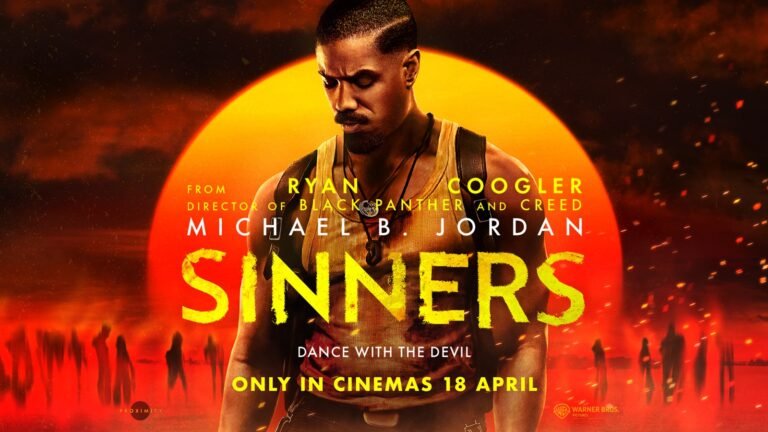

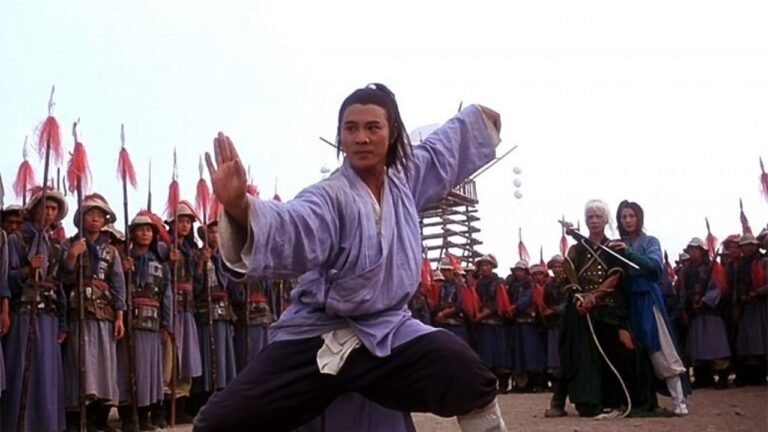
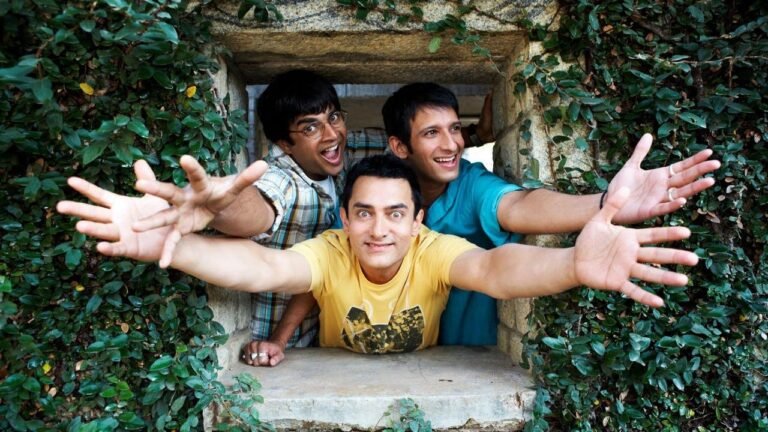
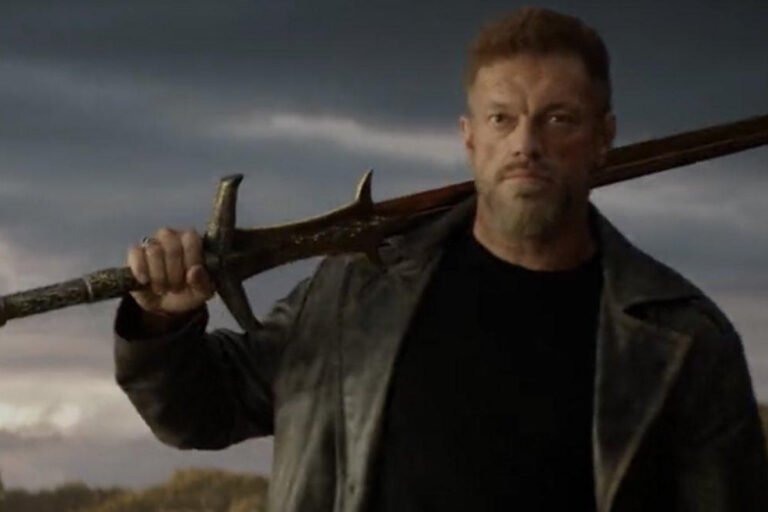
Homelander is one of the villains who we all know does bad stuffs but I still like the most 😂